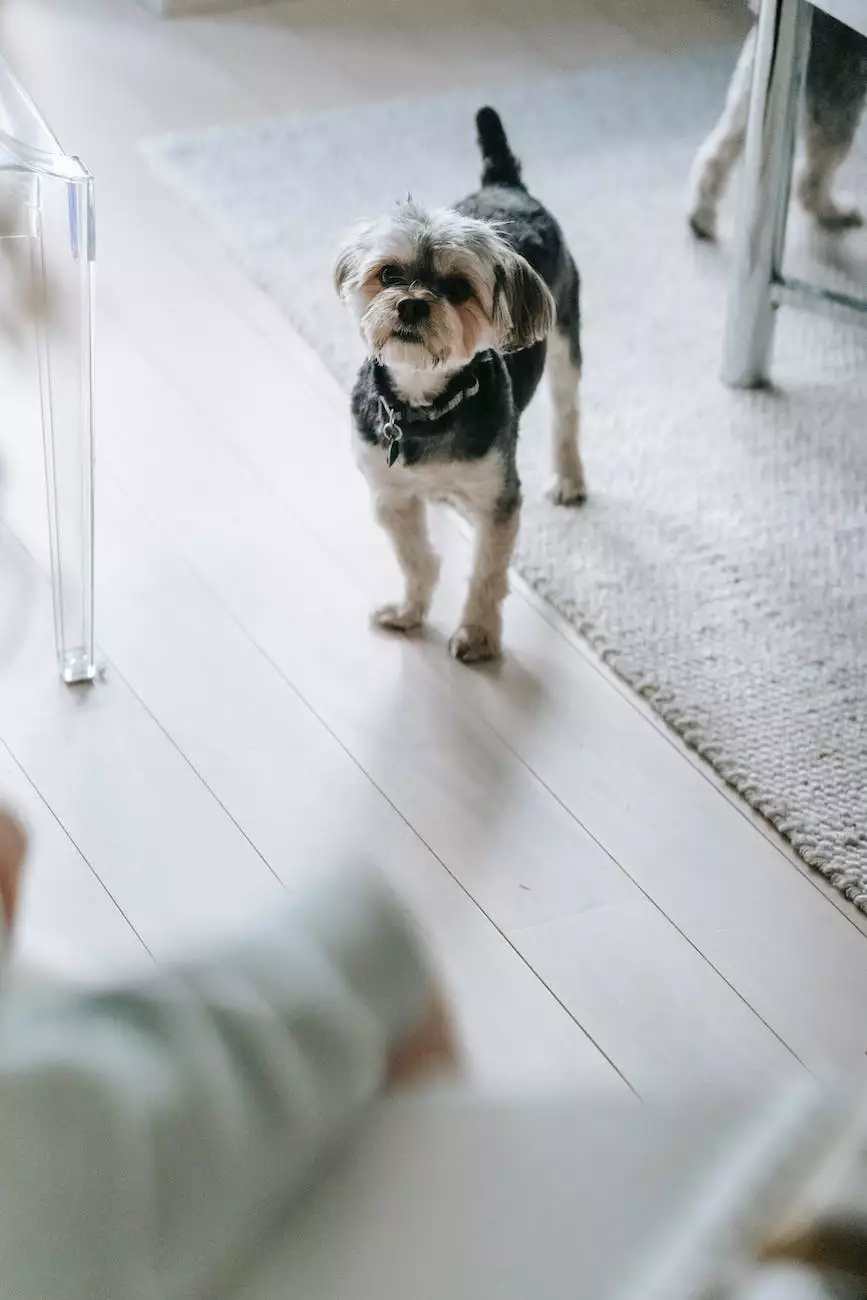Aggression
Blog
Welcome to Guiding Light Dog Training Services' comprehensive guide on handling and preventing aggression in dogs. With our expert tips and techniques, you will learn how to address aggression issues and create a harmonious environment for you and your furry friend.
Understanding Dog Aggression
Dog aggression is a complex behavior that can have various underlying causes. It is crucial to identify the root causes to effectively address and manage aggression in dogs. Aggression can manifest in different ways, such as territorial aggression, fear aggression, or resource guarding.
Types of Aggression
Territorial Aggression: Dogs may display aggression to protect their perceived territory, which can include their home, yard, or even their owners.
Fear Aggression: Dogs with fear aggression display aggressive behavior when they feel threatened or scared.
Resource Guarding: Dogs that exhibit resource guarding aggression become protective of their food, toys, or other valuable possessions.
Identifying Aggressive Behavior
Recognizing signs of aggression is crucial in addressing the issue promptly. Look out for the following behaviors:
- Growling or snarling
- Showing teeth
- Snapping or lunging
- Intense staring
- Excessive barking
Addressing Dog Aggression
Positive Reinforcement Training
One effective method for managing aggression is positive reinforcement training. Rewarding good behavior and redirecting negative behavior can help shape your dog's behavior in a positive way. Consistent training and rewards will encourage non-aggressive responses.
Desensitization and Counterconditioning
Desensitization and counterconditioning techniques involve gradually exposing your dog to the triggers that lead to aggression while providing positive experiences. This method helps your dog develop new associations, replacing aggression with calm behavior.
Consulting with a Professional Trainer
If you're struggling to manage your dog's aggression, consulting with a professional dog trainer is highly recommended. A professional can assess the underlying causes of aggression and develop a personalized training plan to address the issue.
Preventing Aggression
Early Socialization
Proper socialization from an early age is crucial for preventing aggression. Introduce your puppy to various environments, people, and other animals to promote positive and non-aggressive behavior.
Consistent Rules and Boundaries
Establish clear rules and boundaries for your dog to understand your expectations. Consistency in training and reinforcing positive behavior will prevent the development of aggression.
Providing Mental and Physical Stimulation
Incorporate regular exercise and mental stimulation into your dog's routine. Engaging in activities like obedience training, interactive play, and puzzle toys will help keep your dog mentally and physically balanced, reducing the likelihood of aggressive behavior.
Conclusion
Aggression in dogs is a serious issue that requires proper understanding and management. With Guiding Light Dog Training Services' expert guidance, you can effectively address and prevent aggression in your furry companion. Remember, patience, consistency, and positive reinforcement are key when working with an aggressive dog.




